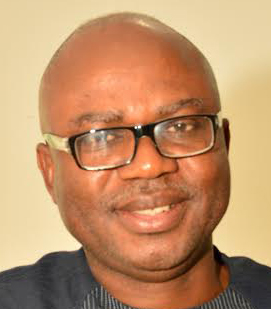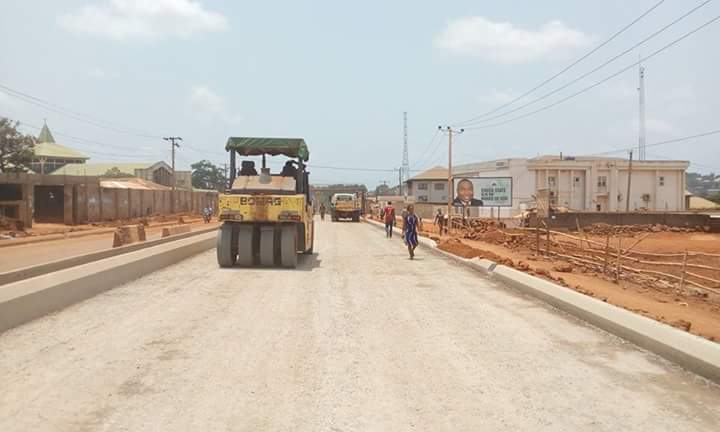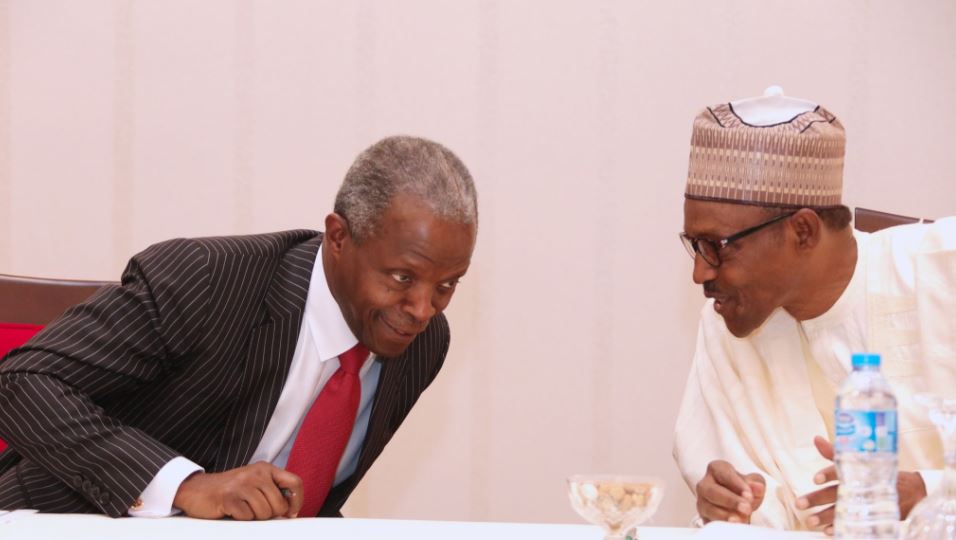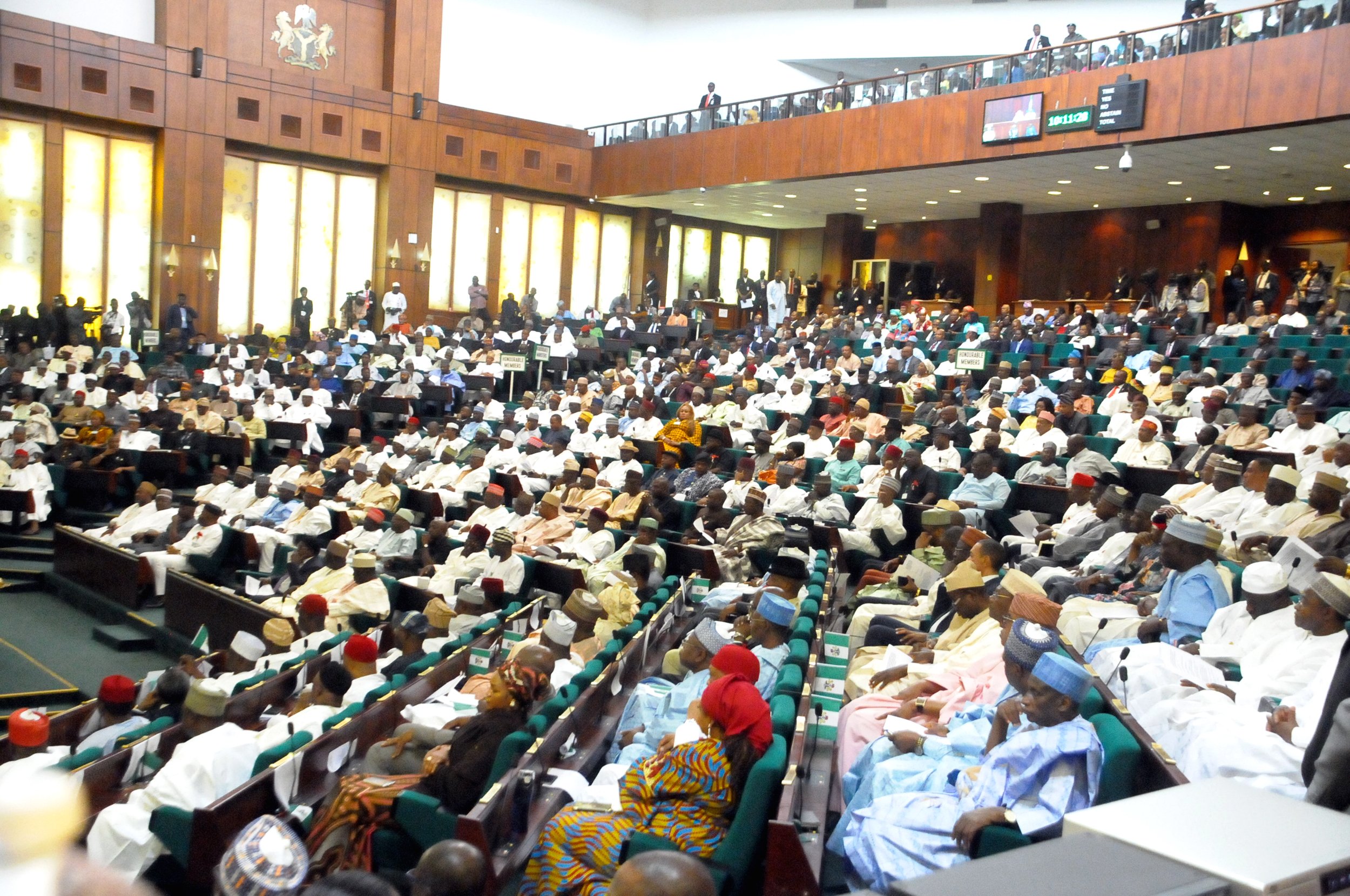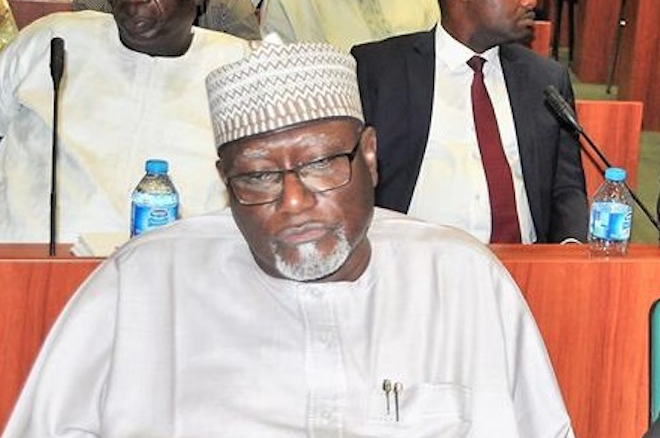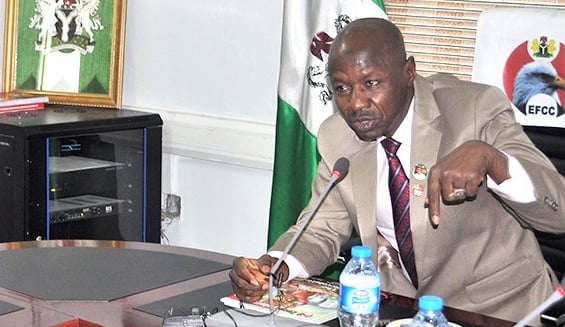Good governance entails satisfying the most pressing needs of the people. In Nigeria, we seem to have been obsessed with roads – the performance of a governor or president has often been measured by the length of roads they have built.
While roads may be important, there are other needs that our people consider more important. What are these necessities that can make governments connect faster with our communities? There are several ways a government can connect with the people through provision of food, security, education, health and employment.
In school, we were taught that man’s basic needs were three: food, shelter and clothing. After satisfying these needs, our economics teacher told us in 1979, anyone who asked for more was greedy. Many religious leaders preach a similar message. The reality tells a different story, however. Even in the rural communities of those days, few were so poor that they couldn’t find any item of clothing to put on. There were kids who played naked in village squares, but they probably did so by choice.
As to shelter, almost everyone now has a roof over their head. Nobody lives on trees or in caves. Only a few still live in huts while many urban dwellers live in shanties – not everyone lives in a magnificent house in Lagos, Enugu or Abuja.
Advertisement
And food? This is the most basic of the basics, and yet it’s the only one that many still truly lack. Urban communities especially are filled with starving children, women and men – up until today, near the end of the second decade of the 21st century! No irony could be greater.
I don’t know what economists think our basic needs are at this time. But what I know is that clothing and shelter are no longer on the list. Our basic needs now are food, security, health, education, employment, and perhaps companionship, in that order of importance. Is it not surprising that the governments of many nations – backward nations in fact – are still fighting a lost battle to provide these bare necessities of life for their citizens?
Thirteen communities in Enugu state recently shared over N129 million, a grant the World Bank in partnership with the state government provided for the construction or rehabilitation of markets, schools, roads, skills acquisition centres, health centres, civic centres, drilling of water boreholes, and extension of electricity, among others. Cheques were handed to the leaders of the communities, and each community was required to use its money as it desired. I’m not sure if the state’s Community Social Development Project (CSDP), whose general manager Maxwell Asogwa gave them the cheques, will supervise the process.
Advertisement
At least 200 other communities in the state have not benefitted from the World Bank-assisted projects this time. On February 15, this year, Governor Ifeanyi Ugwuanyi and some members of the State Executive Council paid a surprise visit to one such community: Lejja in Nsukka LGA. Every governorship candidate since 1959 has made the 12km Nsukka-Lejja-Aku road a campaign issue. During the military era, it was awarded severally to fake contractors – obviously, the money was shared among the accomplices – or simply put in the annual budgets without anyone caring to execute it.
When, therefore, the governor went to see things for himself, the people became expectant, especially as a tourist site had just been identified in the town. Chants of “Gburugburu! Gburugburu!” rent the air as soon as young men and women discovered it was their governor and his entourage who had ploughed through the rough road from Nsukka, a distance of 8km, before entering Lejja.
Without prompting, the governor rightly observed that Lejja was marginalised in the scheme of things. And, like a first-time visitor to the community, he expressed surprise that a town that produced decent politicians like C. U. Opata and J. C. Nweze, as well as a number of Catholic priests including Bishop Emeritus Francis Okobo, was so bereft of amenities. Perhaps the most visible government presence in Lejja is a federal government girls’ college.
Governor Ugwuanyi and his team left the community with a promise to tackle the road within two weeks. I have learned that he has been mentioning the Lejja—Aku road in almost every executive meeting since then. It is one promise he is likely to keep.
Advertisement
Lejja’s priority is that road. For another community, it could be an equipped hospital. For yet another it is electricity. A majority of our rural communities have got some of the amenities about to be chased by the lucky 13, though their priorities may be different. The wall separating urban and rural communities in the state seems to be collapsing fast. What makes a community urban except for the availability of power, piped clean water and paved roads?
One may begin to wonder why rural-urban migration has not been arrested in communities that already have basic infrastructure. The answer, I think, is that young people are attracted to the city by better-paying jobs. They want to flee an environment reeking of endemic poverty and associate with people of like minds. Besides, the anonymity provided by the city makes many freer to do things they wouldn’t do in places they are well known. This anonymity is also behind the quest to travel to countries in Europe, America and now Asia. I’m privileged to have visited some of these countries and seen our brothers [and sisters] languishing there. Many work as taxi drivers, watchmen, waitresses, salesmen, domestic servants and, of course, fraudsters. They dare not do such lowly jobs in their home country – no, not with their diploma, B.Sc., M. A. and PhD degrees.
In the same way, we urge our leaders to make our country conducive for productive ventures so that those in the diaspora could return, I support any government striving to provide sorely needed amenities in our communities as a way of eradicating poverty and creating jobs. In actuality, lack of opportunities is at the root of every problem afflicting the world today.
Nwamu, CEO of Eyeway.ng, writes from Abuja
Advertisement
